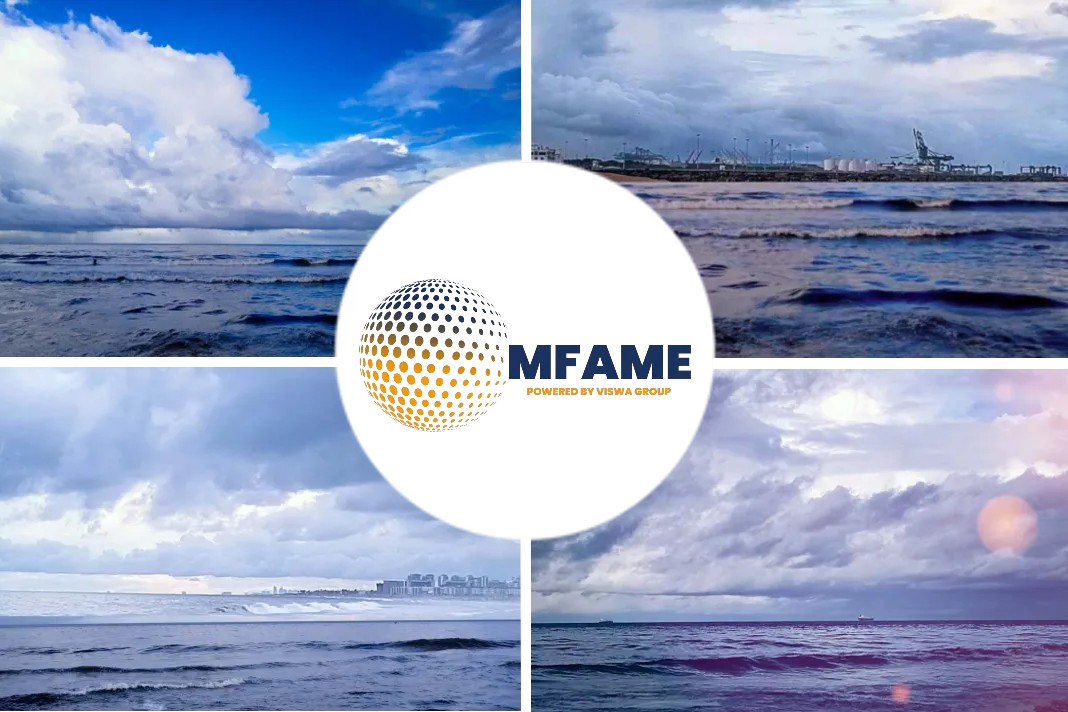- Members of CSA has expressed disappointment over Malaysia’s decision to prohibit the use of open-loop scrubbers in its coastal waters.
- This is stressing for shipowners who have already opted for scrubbers as a way of compliance with the 2020 sulphur cap.
- Ships are advised to change over to compliant fuel oil or change over to closed-loop/ hybrid systems before entering Malaysian waters and ports.
According to an article published in Safety4Sea, members of the Clean Shipping Alliance 2020 expressed disappointment in regard to Malaysia’s recently-announced decision to prohibit the use of open-loop scrubbers in its coastal waters.
Malaysia’s ban criticized
This is stressing concerns for shipowners who have already opted for scrubbers as a way of compliance with the 2020 sulphur cap.
Under Malaysia Shipping Notice (MSN 07/2019) published on the 12 November, ships calling to Malaysian Ports are advised to change over to compliant fuel oil or change over to closed-loop/ hybrid systems before entering Malaysian waters and ports.
“We are disappointed with this announcement. The decision will impact not only our member shipping companies but over 200 other international shipping companies that have announced their intent to install scrubbers as an accepted means of compliance under MARPOL Annex VI. We will, of course, comply with these national rules, however, we do not understand the reasoning or timing, with the global sulphur cap deadline just weeks away and with the IMO already embarked on a comprehensive evaluation of the environmental impact of exhaust gas cleaning systems in ports“,said CSA 2020, Chairman Capt. Mike Kaczmarek.
Ban not likely based on science
Capt. Mike Kaczmarek continued noting that the decision by the Malaysian Marine Department was not likely science-based, ‘as there is no evidence that would clearly support it’.
In a CSA2020 event held last week in Brussels, Dr. Elizabeth Lindstad, Chief Scientist, SINTEF Ocean, confirmed that the use of HFO + scrubbers, not only has a better air emissions quality than ships operating on compliant fuel, but also a greater positive effect on global emissions reduction, including greenhouse gases.
Credible studies vouch for open scrubbers
There are multiple credible studies just released during the last year that confirm the quality of wash water from exhaust gas cleaning systems and clearly demonstrate that they have a negligible environmental impact on the ocean or port environments. What makes this announcement so surprising is that the scientific evidence is there, and it is clear that the positive net environmental benefit from ships operating open loop in Malaysian waters would play an important role in Malaysian maritime sustainability plans, underlined Ian Adams, Executive Director, CSA 2020.
Potentially adverse consequences surrounding the use of scrubbers have recently brought a wave of criticism and surged several port bans on open-loop scrubbers globally.
Low concentration of the wash water
However, a 2019 study by CE Delft, a research organization in the Netherlands specializing in environmental issues, indicated that accumulated concentrations of scrubbers’ wash water components are at very low levels and well below applicable regulatory limits.
Another study by CSA2020 in early 2019 showed that wash-water parameter concentrations were below the emission limits for land-based industrial point source wastewater standards.
In a recent article, Svein Ole Strømmen, chief operating officer of Clean Marine, cited scientific data proving the safety of scrubbers and argued that these systems are useful for the green future of shipping.
Did you subscribe to our daily newsletter?
It’s Free! Click here to Subscribe!
Source: Safety4Sea






















